“If men don’t have to be aggressive in order to be accepted, women won’t feel the need to be submissive”
“If men don’t have to have control then women won’t need to be controlled.”
Emma Watson, UN Women Global Goodwill Ambassador delivered this moving speech at the UN Headquarters in New York on September 20, 2014. Her speech is a unifying call not just for women’s right but for men’s rights too. To her feminism is about freedom. A freedom that breaks down all types of prejudices against women and gives men the permission to be vulnerable and human. Women should feel free to be strong and men should feel free to be sensitive. Feminism isn’t about the supremacy of one sex but rather the equality of both. An equality that allows both men and women to be whole in who they are. As is their right.
As relevant as this speech is internationally, it can never be more important in Africa, where the male form is constantly perpetuated as strong and in control and the women as docile and submissive. In Africa being labelled a feminist can be seen almost in derogatory terms. Signifying that one is in competition with a man and isn’t aware of her place as a woman. African women are expected to supportive, submissive and dutiful. The African man is strong, in control and devoid of tear ducts. Our perceptions of gender are so steeped in long held traditions and stereotypes that any attempts to break away from these norms are viewed with complete disapproval.
In her speech, Emma argues for a more unifying definition of feminism, one which allows us to view gender on a spectrum instead of two sets of opposing ideals. Such a unifying definition couldn’t be more relevant in Africa where girls are married off in their teenage years while their male counter parts are either studying or learning a trade. In Nigeria for example with its population of 170million plus people, of which women make up nearly half of the population, examples of gender inequality abound in every sector. In education 38% of women lack formal education as compared with 25%for men. similarly, In eight Northern States, over 80% of women are unable to read (compared with 54% for men). In Jigawa, a State in northern Nigeria, 94% of women (42% of men) are illiterate. In the health sector, Nigeria has one of the highest rates of maternal mortality in the world, where one Nigerian women dies in childbirth every ten minutes . In the financial sector about 14%of women have a formal bank account compared to 26 percent of men. While in female headed households, about one quarter have an account, compared to 40 percent for a male-headed household. Even in politics, woman only hold 7% of the parliamentary seats. As startling as these statistics are, they also represent just how much our culture and our acceptance of such cultures, creates huge disadvantages for women. A disadvantage which prevents women from reaching any sort of potential.
However hidden in between these stories and statics are fathers, grandfathers, brothers, uncles, husbands and male cousins and friends. Men who are in constant contact with and wish the women depicted in these statistics the very best. The point of feminism isn’t to blame these men or to even ask for their permission. It is to say to them that neither of us should have any type of limitations placed on us. Both genders should be afforded the opportunity to thrive and of expression. It calls for the breaking down of the notions of what each sex should be and allowed to become. But most importantly it says the only we can achieve this is together.
Many have embraced this new campaign for equality dubbed by Emma Watson as #heforshe. See pictures below. African men would do well to follow. Are you a man who is going to stand up for women’s rights?
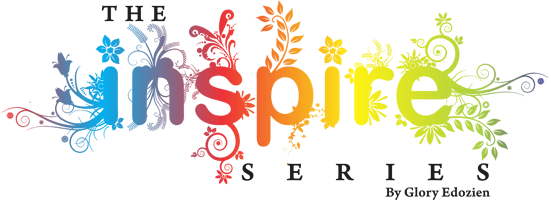

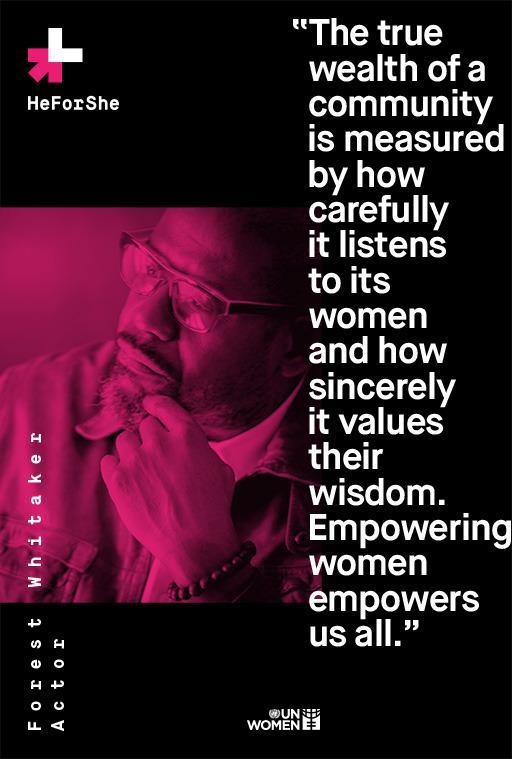
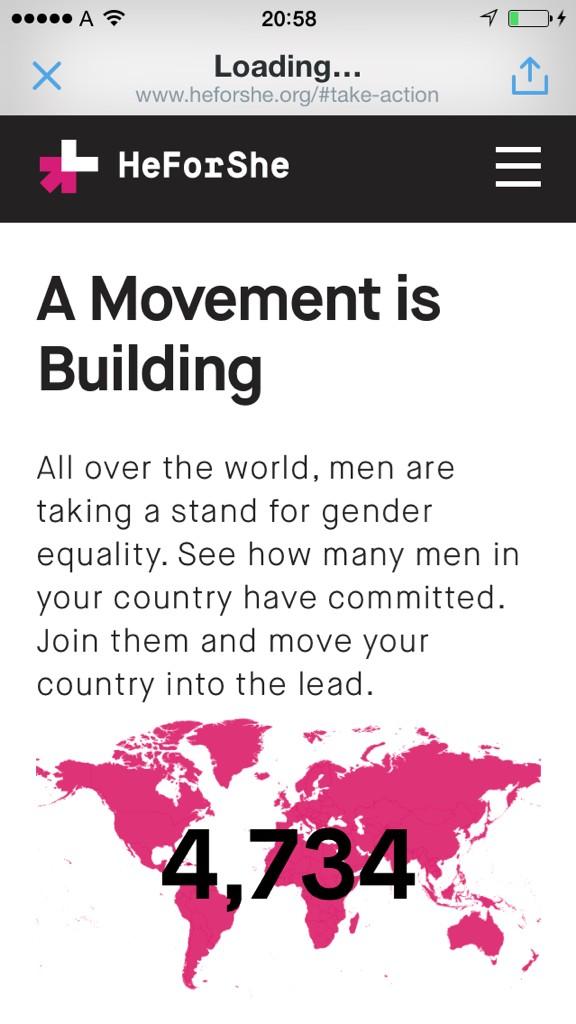
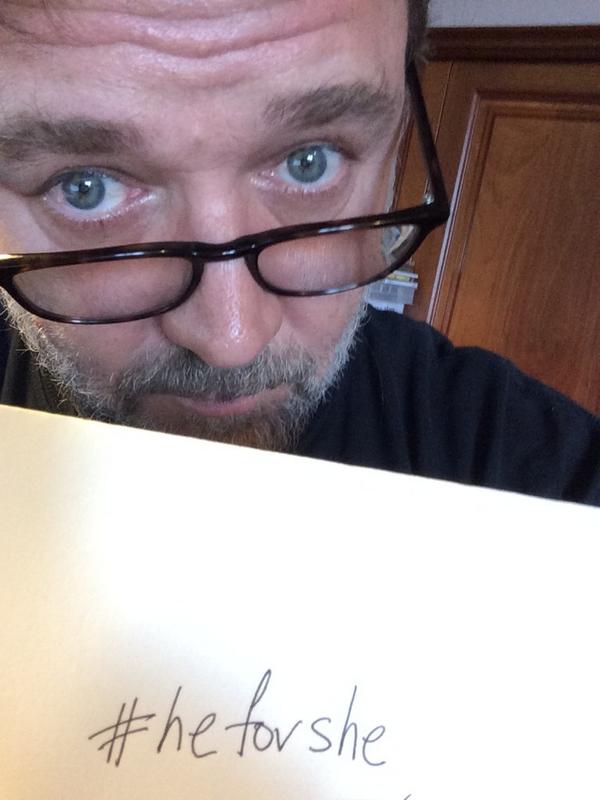
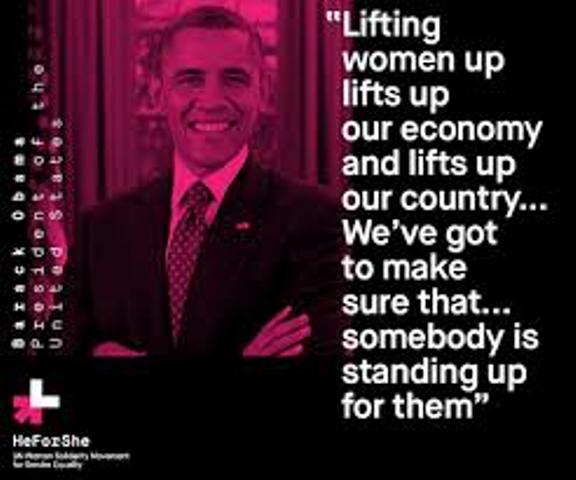
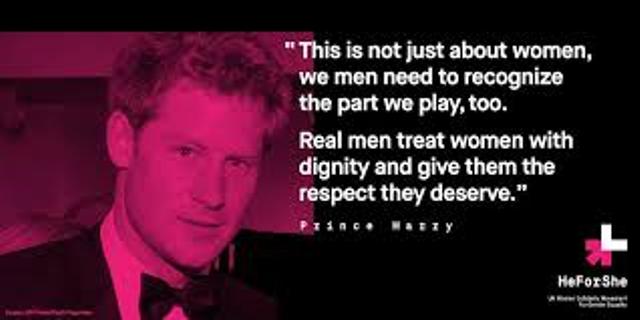
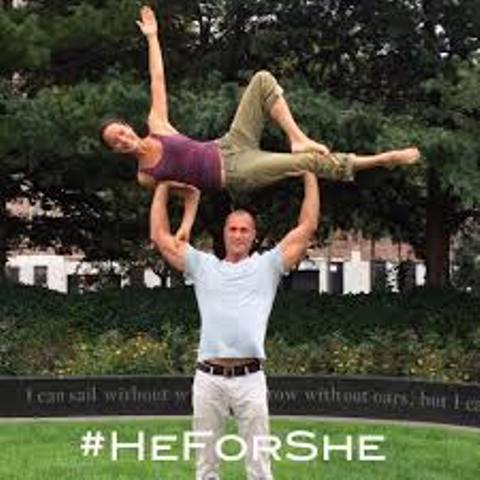
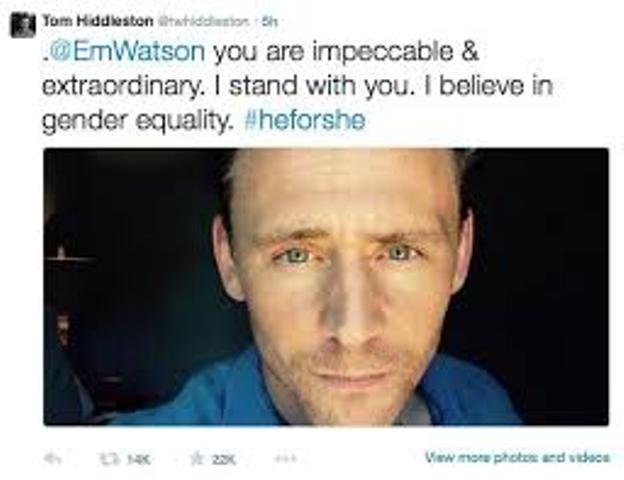

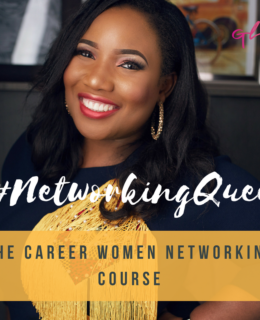


Leave a Reply